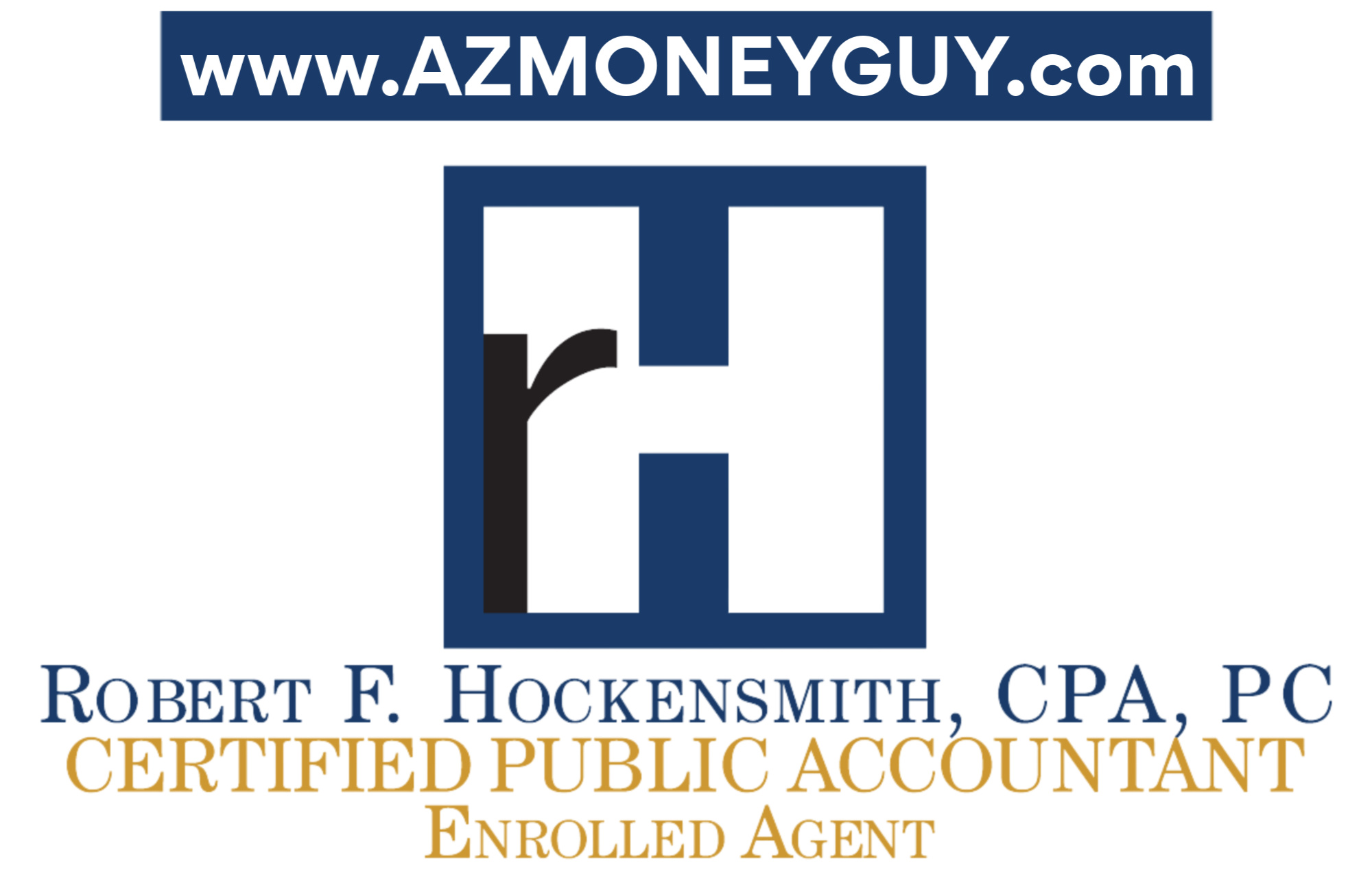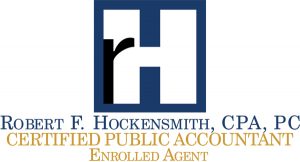Learn how to pass on more of your wealth to your heirs and pay less to the government before it's too late! Click here...
Address & Map
(602) 264 - 9331
CLIENT PORTAL
Address & Map
(602) 264-9331

Tax Tips about Hobbies and a Home Office from the Internal Revenue
From a small wooden box in a corner of your room, to a coveted wall in your study, they have
grown with you. You have them from all over the world like Japan, China, Spain, Portugal,
Ghana, Morocco and the like. Your collection of stamps is enviable! That’s what hobbies do to
you. They grow with you and drive you to passionately increase your collection- be it of stamps,
coins, flowers or any other object of interest. If you enjoy any hobby like stamp collecting,
fishkeeping, gardening, sculpting, horsemanship and the like, and your hobby is also a source of
income, then you must report the income you earn from your hobby on your tax return.
The rules for how you report the income and expenses depend on whether the activity is a hobby
or a business. There are special rules and limits for deductions you can claim for a hobby.
Here are five tax tips you should know about hobbies:
1. Is it a Business or a Hobby?
A key feature of a business is that you do it to make a profit. You often engage in a hobby for
sport or recreation, not to make a profit. You should consider the IRS nine factors:
- You carry on the activity in a businesslike manner.
- The time and effort you put into the activity shows that you intend to make it profitable.
- You depend on income from the activity for your livelihood.
- Your losses are due to circumstances beyond your control or are normal in the startup
phase of your type of business. - You adjust your methods of operation to improve profitability.
- You (or your advisors) have the knowledge needed to carry on the activity as a successful
business. - You were successful in making a profit in similar activities in the past.
- The activity makes a profit in some years, and how much profit it makes.
- You can expect to make a future profit from the appreciation of the assets used in the
activity when you figure out whether your activity is a hobby.
2. Allowable Hobby Deductions.
Within certain limits, you can usually deduct ordinary and necessary hobby expenses. An
ordinary expense is one that is common and accepted for the activity. A necessary expense is one
that is proper for the activity.
3. Limits on Hobby Expenses.
Generally, you can only deduct your hobby expenses up to the amount of hobby income. If your
hobby expenses are more than your hobby income, you have a loss from the activity. You can’t
deduct the loss from your other income.
4. How to Deduct Hobby Expenses.
You must itemize deductions on your tax return to deduct hobby expenses. Your expenses may
fall into three types of deductions, and special rules apply to each type. See Publication 535,
Azmoneyguy or your tax professional for the rules about how you claim them.
5. Use IRS Free File.
Hobby rules can be complex and IRS Free File can make filing your tax return easier. IRS Free
File is available until Oct. 15. If you make $73,000 or less, you can use brand-name tax software.
If you earn more, you can use Free File Fillable Forms, an electronic version of IRS paper forms.
Free File is available only through the https://www.irs.gov/ website.
Home Office Deductions
If you work from home, you should learn the rules for how to claim the home office deduction.
Since 2013, when the Home Office Act was signed, a simpler choice was created to figure the
deduction for business use of your home. The new choice may save you time because it
simplifies how you figure and claim the deduction. It can also make it easier for you to keep
records. It does not change the rules for who may claim the deduction.
Here are six tips from the IRS about the home office deduction:
1. Generally, to claim a deduction for a home office, you must use a part of your home
exclusively and regularly for business purposes. Also, the part of your home used for
business must be:
- Your principal place of business, or
- A place where you meet clients or customers in the normal course of business, or
- A separate structure not attached to your home. Examples might include a studio, garage
or barn.
2. If you use the actual expense method, the home office deduction includes certain costs that
you paid for your home. For example, if you rent your home, part of the rent you paid could
qualify. If you own your home, part of the mortgage interest, taxes and utilities you paid
could qualify. The amount you can deduct usually depends on the percentage of your home
used for business.
3. You may be able to use the simplified choice to claim the home office deduction instead of
claiming actual expenses. Under this method, you multiply the allowable square footage of
your office by a prescribed rate of $5. The maximum footage allowed is 300 square feet. The
deduction limit using this method is $1,500 per year.
If your gross income use of your home is less than your expenses, the deduction from some expenses may be limited.
5. If you are self-employed and choose the actual expense method, use Form 8829, Expenses
for Business Use of Your Home, to figure the amount you can deduct. You claim your
deduction on Schedule C, Profit or Loss from Business, if you use either the simplified or
actual expense method. See the Schedule C instructions for how to report your deduction.
6. Since 2018, employees no longer can write off Employee Business Expenses. You should
work with your employer to get reimbursement for out-of-pocket expenses, you might spend
to complete your job. Even if the employer reduces your pay for any reimbursement, you
would still be better off. There are no taxes AT ALL, for the amount reimbursed by your
employer! Even the employer wins, since there are payroll taxes on the amounts reimbursed
either! WIN WIN!
Call today, don’t delay! See how this affects you. We can be reached at 602-264-9331 and on all social media under azmoneyguy.
Related Blog Posts
Weddings, Marriage and Taxes
Learn how to pass on more of your wealth to your heirs and pay less to the government before it's too late! Click here...Address & Map(602) 264 - 9331CLIENT PORTALAddress & Map(602) 264-9331[DISPLAY_ULTIMATE_SOCIAL_ICONS] It’s that time of the year when many...
High School Students, College Students, Graduates and Taxes
Learn how to pass on more of your wealth to your heirs and pay less to the government before it's too late! Click here...Address & Map(602) 264 - 9331CLIENT PORTALAddress & Map(602) 264-9331[DISPLAY_ULTIMATE_SOCIAL_ICONS] The summer internship with a financial...
Fear of Filing Tax Returns and Unclaimed Tax Refunds
Learn how to pass on more of your wealth to your heirs and pay less to the government before it's too late! Click here...Address & Map(602) 264 - 9331CLIENT PORTALAddress & Map(602) 264-9331[DISPLAY_ULTIMATE_SOCIAL_ICONS] Organizing documents, keeping them in...
Do You Owe The IRS?
Learn 5 Secrets The IRS Doesn’t Want You To Know.
Click on the button below to get FREE access to this exclusive content.
Get Expert Tax Advice from an expert
Mr. Hockensmith has been a guest newscaster for national and local TV stations in Phoenix since 1995, broadcasting financial and tax topics to the general pubic. He has written tax and accounting articles for both national and local newspapers and professional journals. He has been a public speaker nationally and locally on tax, accounting, financial planning and economics since 1992. He was a Disaster Reservist at the Federal Emergency Management Agency, for many years after his military service. He served as a Colonel with the US Army, retiring from military service after 36 years in 2008. Early in his accounting career, he was a Accountant and Consultant with Arthur Andersen CPA’s and Ernst & Young CPA’s.









